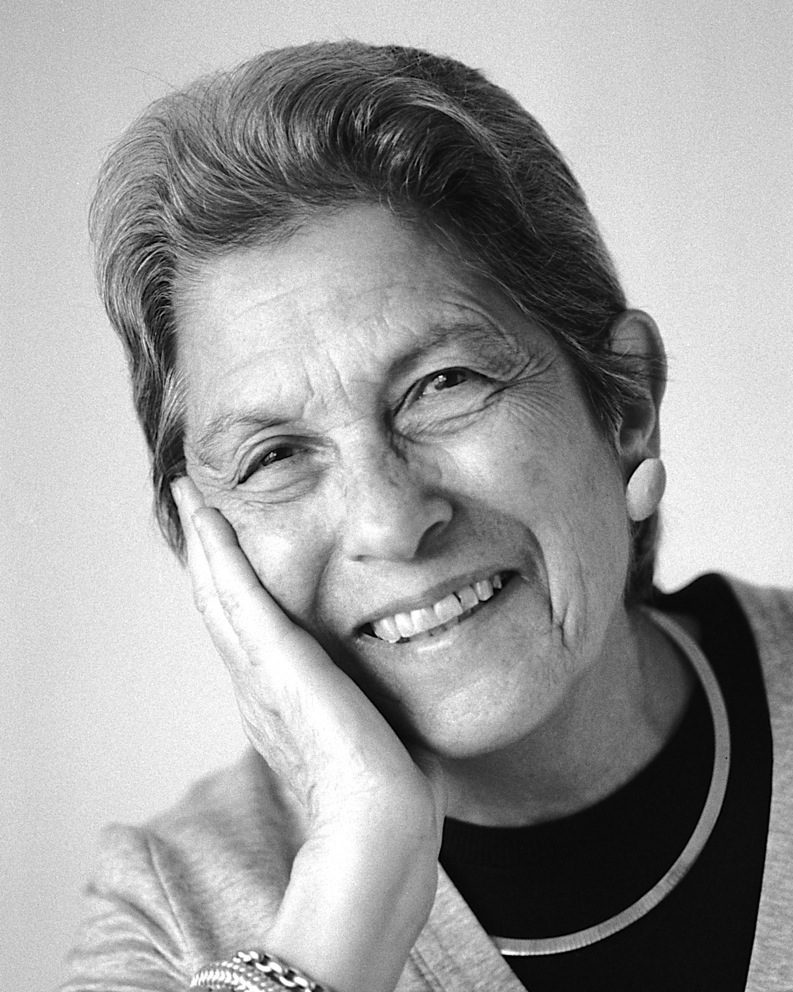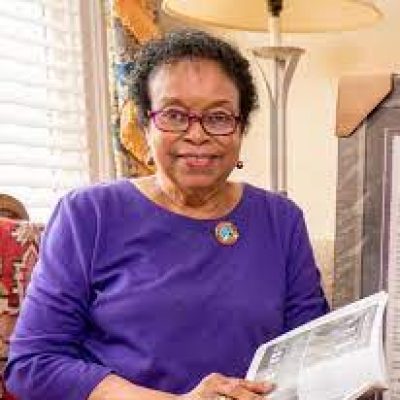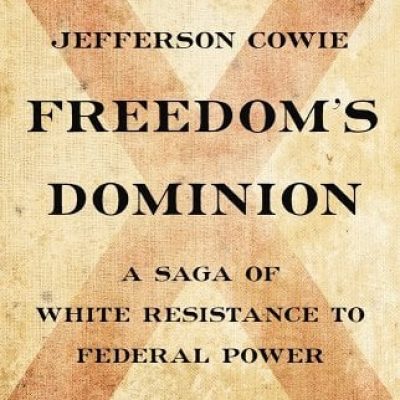Details
Article
On January 19, Dr. Roslyn Pope, who as a student leader at Spelman College in 1960 wrote the vital Civil Rights manifesto “An Appeal for Human Rights,” passed away. Dr. Pope was a beloved member of the Humanity in Action community, and was deeply involved in the programming of the John Lewis Fellowship, which ran from 2015-2020. On February 10, the New York Times wrote a forceful obituary for Dr. Pope. Humanity in Action Founder and Executive Director Judith Goldstein shared her own tribute following the obituary’s publication, offering her own thoughts about Dr. Pope’s extraordinary life.
On behalf of Humanity in Action, I would like to thank the New York Times for its obituary on February 10 honoring Dr. Roslyn Pope. It would have struck her as almost unimaginable! Recognition was something that she could accept in her most gracious and modest way. But a New York Times article, devoted to her and her accomplishments—as a Black woman who stayed in wings of the Atlanta protests in the 1960s—that would have been too much! She probably would have simply said, in her beautiful lilting accent: “oh my!”
We met, I believe, in the first John Lewis program in Atlanta. She entered the program and we never let go. Every year she spoke to the Fellows. In her gracious way she spoke of the history of the “Appeal for Human Rights” which she essentially wrote as a joint defiant declaration of students from five Atlanta institutions. It was addressed to the Governor of the State who dismissed it as a sham since he believed Black students could not write with such power and force.
She grew up with a love of music and an immense talent. The vicious Jim Crow color line gave her few outlets to make a career as a musician. But she broke free from those Southern barriers of race by going to Paris on a scholarship to study music. France offered her freedom and the growth of confidence. She would no longer think of herself within the barriers of confinement designed to humiliate. She realized what freedom could mean.
Year after year Roslyn developed special friendships with the Fellows. Every year she shared her story of commitment, courage and moral rectitude. She inspired. She was loved in return. She and I spoke many times during the months in between the annual John Lewis Fellowship programs. Sometimes, reluctantly on my part, we included grandson Raphael (a Fellow) in the conversations. She adored him. That was a special bond. We also shared a special love of classical music. From time to time I would send her hefty packages of classical cds for her enjoyment.
The last years were difficult ones as she cared for ill members of her family and she gradually succumbed too, to too many diseases of old age.
A few years back, the New York Times would not have noticed her death or lauded her life. The paper has changed dramatically. I hope and believe that she lived long enough to know that her courage and dignity would be recognized by people who would want to know her, her history, and appreciate her courageous life.





